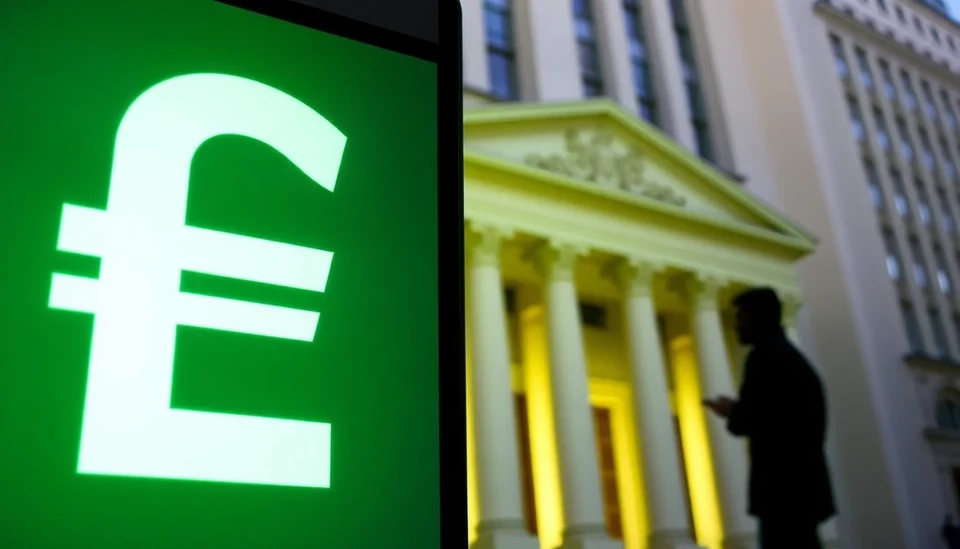
As economic anxieties dominate the European landscape, speculation is intensifying regarding potential interest rate cuts by the European Central Bank (ECB). Recent market developments have prompted analysts and investors to reassess inflation trajectories and economic growth forecasts, leading to increased bets on easing monetary policy in the near future.
Data emerging from various sectors point to signs of slowing growth across the eurozone, despite initial optimism at the beginning of the year. Central to these discussions are worries over global tariffs, which have started to impact European businesses and consumer sentiment. The ripple effects of international trade tensions are evident, pushing European officials to reconsider their growth strategies amidst rising uncertainties.
Market participants are increasingly viewing the current economic climate through a lens tinted by fears of recession, prompting speculation that the ECB may soon pivot from its tightening stance. This shift in perspective reflects a broader concern that persistent inflation coupled with economic stagnation could lead to an urgent need for intervention. Rate cuts could, therefore, be seen as essential to fostering economic stability and supporting growth.
Industry analysts are closely monitoring the ECB's communication strategy and policy signals. Recent comments from ECB officials appear to indicate a growing recognition of the challenges posed by external variables, particularly trade policies implemented by major economies that are impacting Europe’s economic landscape. Investors are keenly awaiting the next Monetary Policy Meeting, where policy adjustments may be unveiled in response to these emerging challenges.
In the past, the ECB has maintained a cautious approach, emphasizing a commitment to combating inflation. However, the evolving economic situation, marked by declining manufacturing output and waning consumer demand, could force a re-evaluation of this strategy. A rate cut would act as a signal to the markets, portraying the ECB's readiness to adapt to shifting economic realities.
With burgeoning calls for action, the ECB is now at a crossroads. The decisions made in the upcoming months could fundamentally reshape the economic landscape for the eurozone. Observers will be watching closely to see if the central bank can strike a balance between controlling inflation and supporting economic growth without triggering further instability.
This dynamic situation underscores the intricate balance that policymakers must achieve while navigating external pressures. With complex economic indicators in play, the future direction of interest rates remains uncertain, making it a crucial focal point for investors and economic strategists alike.
As the global economic climate continues to evolve, the ramifications for the eurozone could be profound. How policymakers respond will play a significant role in influencing markets and setting the stage for the region's economic recovery.
#ECB #InterestRates #EconomicGrowth #TradeTensions #Eurozone #MonetaryPolicy #Inflation #MarketAnalysis
Author: Daniel Foster




